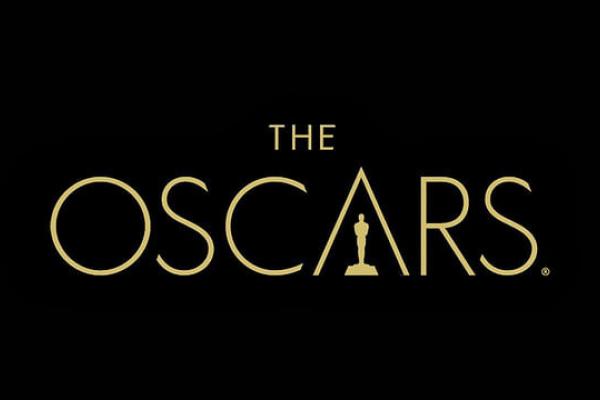Dec 21, 2016
Let us not forget the impact that D.W. Griffith’s The Birth of a Nation had on America when it was released in 1915. An adaptation of the novel The Clansman: A Historical Romance of the Ku Klux Klan, there’s little doubt in my mind that the film’s racist depictions of African Americans and affirming depictions of Klansmen formed and hardened the discriminatory beliefs of many white people in the U.S., making them further believe that black people were undeserving of fairness, respect, and freedom. The Birth of a Nation is a prime example of why we need new stories, told from the perspective of identities that are generally ignored and denigrated.
Read the Full Article

Already a subscriber? Login
